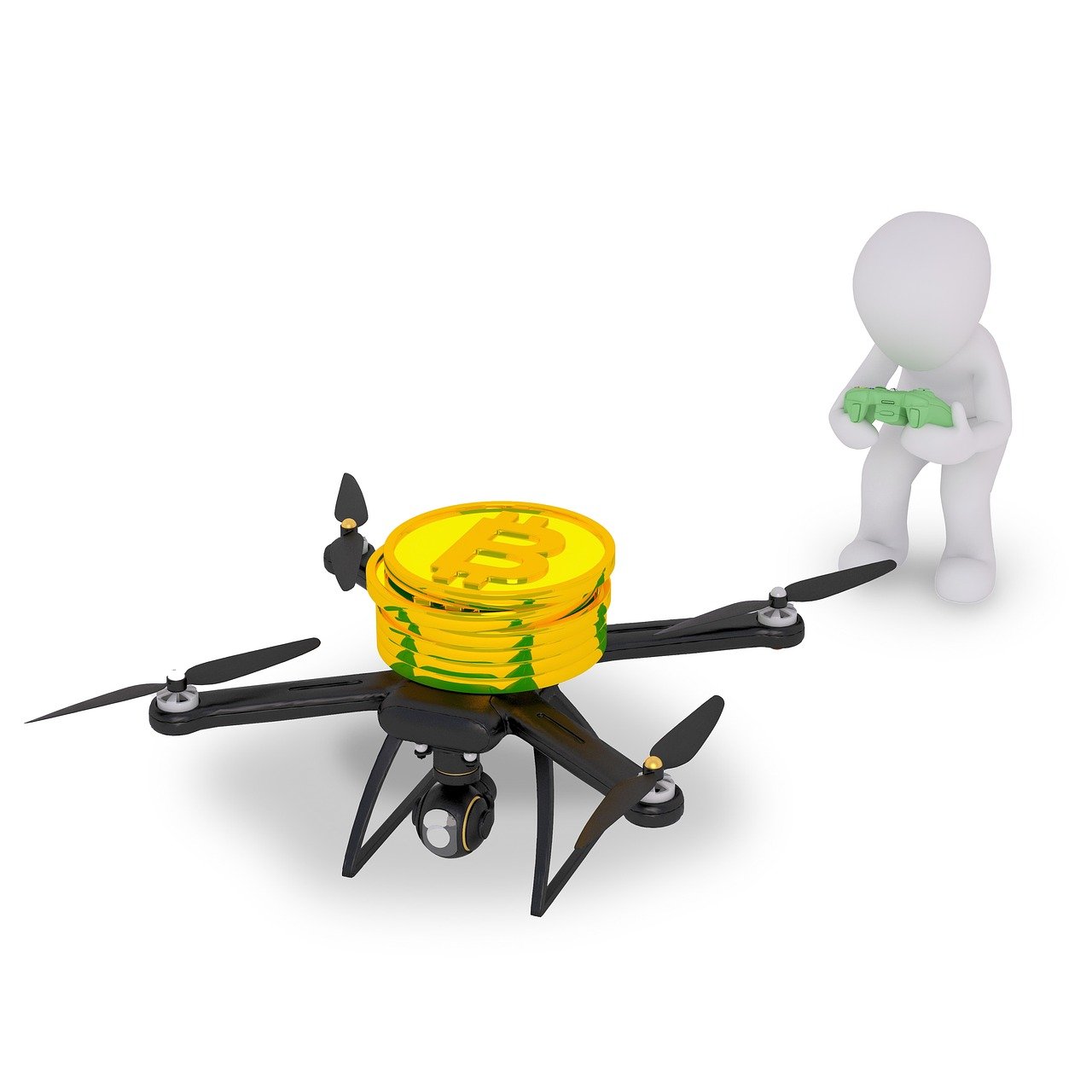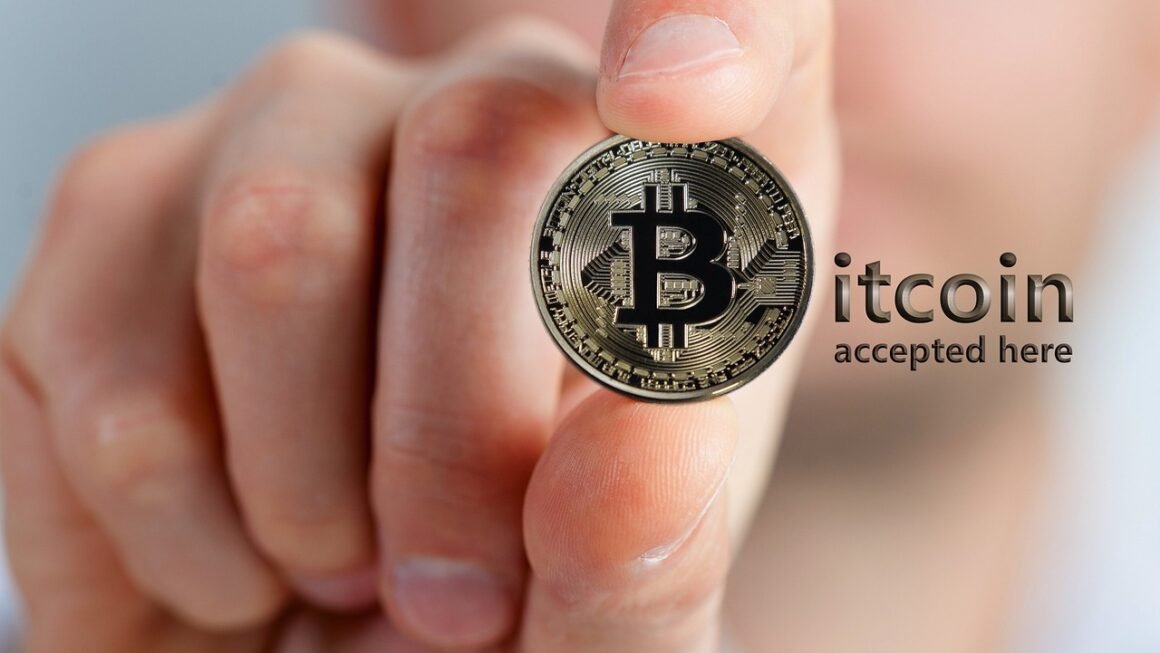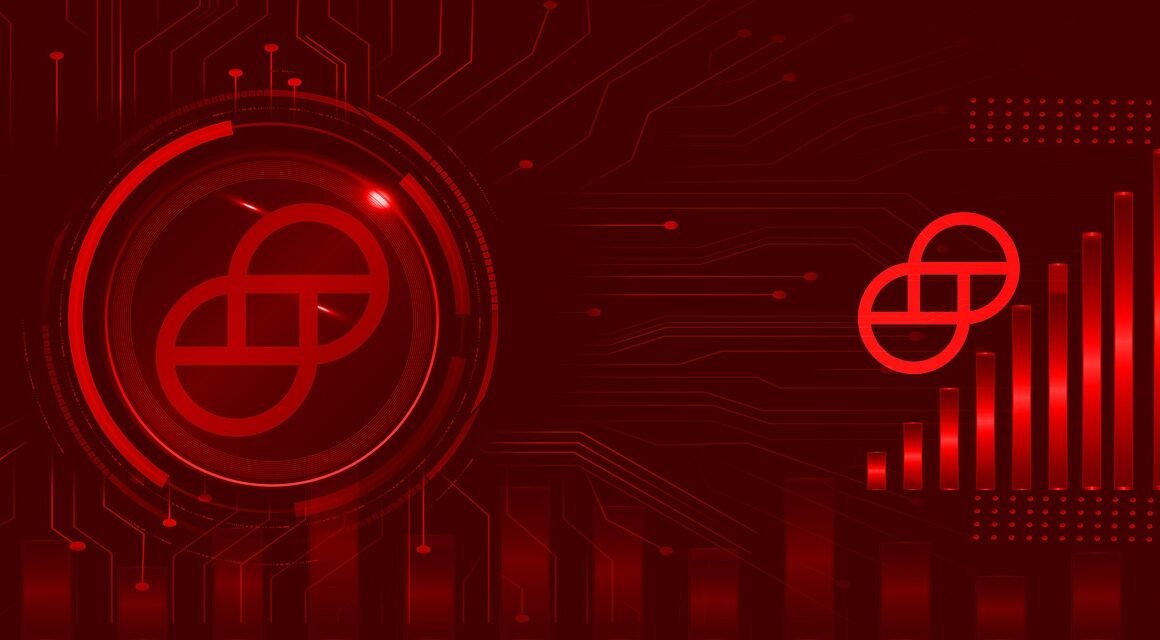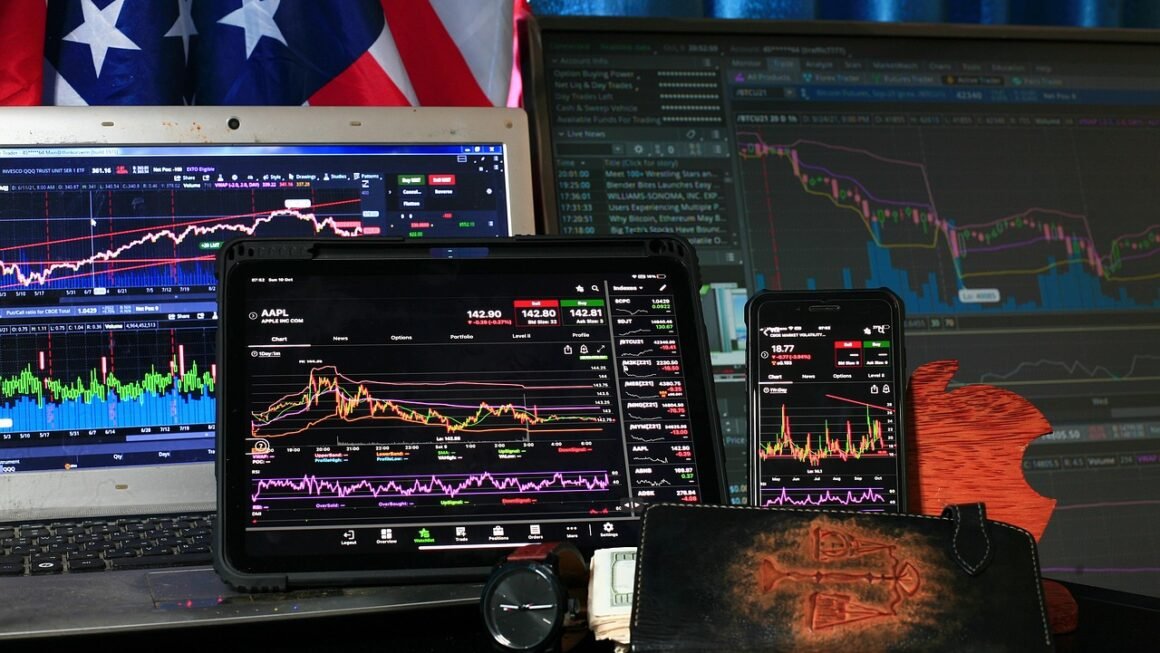A new frontier in organizational structure is emerging, one that leverages the power of blockchain technology to create transparent, democratic, and efficient entities: Decentralized Autonomous Organizations, or DAOs. These digital organizations are revolutionizing how we think about governance, funding, and collaboration, offering exciting possibilities for innovation and community-driven initiatives. This blog post delves into the world of DAOs, exploring their mechanics, benefits, challenges, and real-world applications.
What is a DAO?
Defining Decentralized Autonomous Organizations
A DAO, or Decentralized Autonomous Organization, is essentially an internet-native entity with a ruleset encoded in a smart contract on a blockchain. These rules dictate how the organization operates, how decisions are made, and how resources are allocated. The “autonomous” aspect means the DAO operates without central leadership, relying on the code itself and the community to function.
Key characteristics of a DAO include:
- Transparency: All transactions and decisions are recorded on the blockchain, making them publicly auditable.
- Immutability: Once deployed, the DAO’s code is very difficult, and often impossible, to alter without community consensus. This ensures consistency and predictability.
- Decentralization: Decision-making power is distributed among token holders, rather than concentrated in the hands of a few individuals.
- Autonomy: The DAO operates according to its pre-defined rules, automating many processes and reducing the need for human intervention.
How DAOs Work: A Step-by-Step Breakdown
Understanding how a DAO operates involves visualizing a cyclical process:
For example, consider a DAO focused on funding open-source software development. A developer could submit a proposal requesting funding for a specific project. Token holders, who might include users of the software, other developers, or investors, would then vote on the proposal. If the proposal passes, the DAO’s smart contract would automatically release the requested funds to the developer.
Benefits of Using a DAO
Increased Transparency and Trust
One of the primary advantages of a DAO is its inherent transparency. Because all actions are recorded on the blockchain, anyone can verify how decisions are made and how funds are spent. This fosters trust among members and reduces the risk of corruption or mismanagement.
- Reduced information asymmetry among stakeholders
- Enhanced accountability for decisions
- Publicly verifiable audit trail
Enhanced Efficiency and Automation
DAOs automate many administrative and operational tasks through smart contracts, streamlining processes and reducing the need for intermediaries. This can lead to significant cost savings and increased efficiency.
- Automated payouts and governance mechanisms
- Reduced reliance on manual processes
- Faster decision-making cycles
Community-Driven Governance
DAOs empower communities by giving them direct control over the organizations they participate in. This can lead to more engaged and motivated members, as well as more innovative solutions to complex problems.
- Greater community participation in decision-making
- More equitable distribution of power
- Potential for innovative solutions through collective intelligence
Global Collaboration
DAOs transcend geographical boundaries, enabling individuals from all over the world to collaborate on projects and initiatives. This can lead to greater diversity and access to talent.
- Seamless international collaboration
- Access to a global pool of talent and resources
- Breaking down geographical barriers to participation
Challenges and Limitations
Regulatory Uncertainty
The legal and regulatory landscape surrounding DAOs is still evolving, creating uncertainty and potential risks for participants. Different jurisdictions have varying perspectives on how DAOs should be treated under existing laws, particularly regarding liability and taxation.
- Lack of clear legal frameworks for DAOs
- Potential liability issues for DAO members
- Uncertain tax implications
Security Vulnerabilities
DAOs are susceptible to security vulnerabilities in their smart contracts. Exploits in the code can lead to significant financial losses and reputational damage. Thorough auditing and security best practices are crucial for mitigating these risks.
- Risk of smart contract exploits and hacks
- Potential for malicious actors to manipulate the DAO
- Importance of rigorous security audits and testing
Governance Challenges
Effective governance is crucial for the success of any DAO. Designing governance mechanisms that are both fair and efficient can be challenging. Issues such as low voter turnout and concentration of power among a few token holders can hinder the DAO’s ability to make sound decisions.
- Difficulty in designing effective governance models
- Potential for low voter turnout
- Risk of “whale” dominance (concentration of voting power in a few hands)
Scalability Issues
Some blockchain networks can struggle to handle the transaction volume required for large-scale DAOs. This can lead to slow processing times and high transaction fees.
- Potential for slow transaction speeds on certain blockchains
- High gas fees (transaction fees) can discourage participation
- Need for scalable blockchain solutions
Real-World Examples of DAOs
MakerDAO
MakerDAO is one of the most well-known and established DAOs. It governs the DAI stablecoin, which is pegged to the US dollar. MKR token holders vote on proposals to adjust the stability fee (interest rate) and other parameters of the DAI system. This allows the DAO to maintain the DAI’s peg to the dollar and ensure the stability of the system.
ConstitutionDAO
ConstitutionDAO was a short-lived but highly publicized DAO that aimed to purchase a copy of the US Constitution at a Sotheby’s auction in 2021. While they ultimately failed to win the auction, the DAO raised over $47 million in a matter of days, demonstrating the power of DAOs to quickly mobilize capital and engage a large community.
Uniswap
Uniswap, a popular decentralized exchange (DEX), utilizes a DAO to govern its protocol. UNI token holders can vote on proposals to update the protocol, allocate funding, and manage the Uniswap treasury. This gives the community a direct say in the future direction of the DEX.
Gitcoin
Gitcoin utilizes a DAO to fund open-source software development. Through Quadratic Funding, where community contributions are matched by a pool of funds, Gitcoin empowers developers and promotes the growth of the open-source ecosystem. The DAO structure ensures transparency and accountability in the funding allocation process.
Conclusion
DAOs represent a paradigm shift in how organizations are structured and governed. While they offer numerous benefits, including transparency, efficiency, and community-driven governance, they also face significant challenges, such as regulatory uncertainty and security vulnerabilities. As the technology matures and regulatory frameworks become clearer, DAOs have the potential to revolutionize a wide range of industries, from finance and governance to art and social impact. Understanding the fundamentals of DAOs is crucial for anyone interested in the future of decentralized technologies and the evolving landscape of organizational structures.



